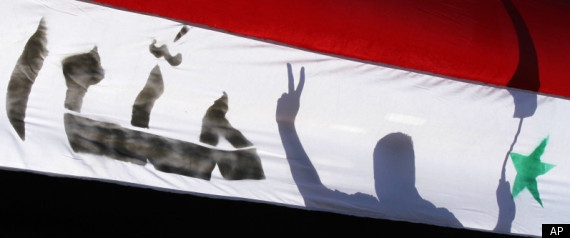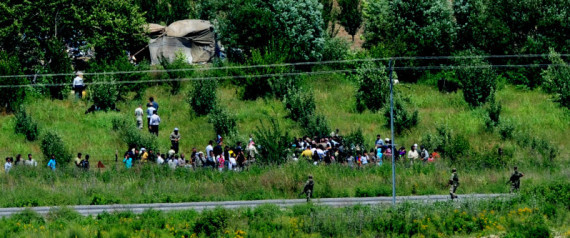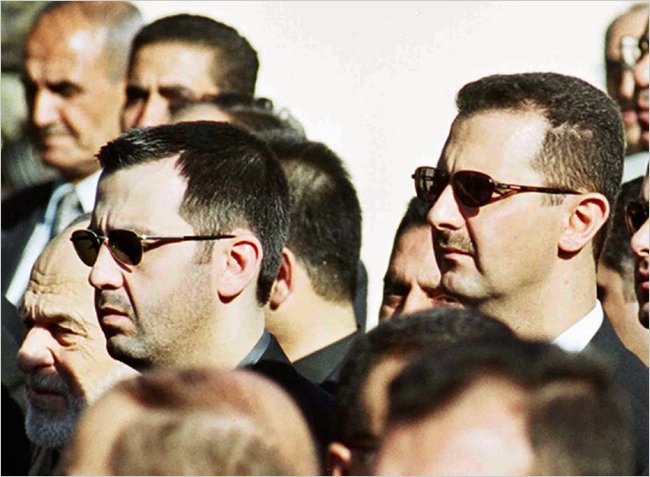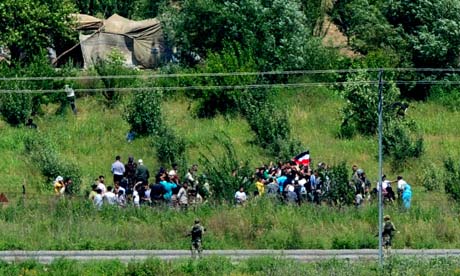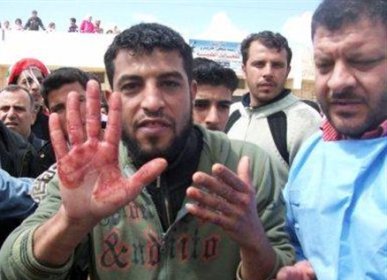- Thread starter
- #121
Syria Internet Cut Off In Some Regions As Central Town Pounded
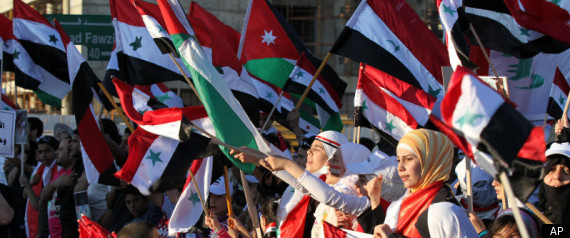
Syria Internet Cut Off In Some Regions As Central Town Pounded

BEIRUT Syrian security forces opened fire during one of the largest anti-government protests so far in the 10-week revolt, killing at least 27 people, as tens of thousands of Syrians poured into the streets after the Friday prayers, a human rights group said.
Security forces fired on at least two of the demonstrations demanding President Bashar Assad's ouster, renewed their assault on towns seen as key to the revolt against the regime's 40-year rule. The regime also cut Internet service across most of the country, activists said, a potentially dire blow for a movement that motivates people with graphic YouTube videos of the crackdown and loosely organizes protests on Facebook pages.
The Internet shutdown, if it continues, could also hamper the movement's ability to reach the world outside Syria, where the government has severely restricted the media and expelled foreign reporters, making it nearly impossible to independently verify what is happening there. Still many activists found alternate ways to log on and upload vidoes, such as satellite connections.
Rami Abdul-Rahman, director of the Syrian Observatory for Human Rights, said tens of thousands of people were protesting in Hama when security forces opened fire. He said the Hama protest was among the largest yet in the 10-week uprising against President Bashar Assad's regime.
Syria's state-run TV said three "saboteurs" were killed when police tried to stop them from setting a government building on fire in Hama. The Syrian government blames armed gangs and religious extremists for the violence.
As the Friday Muslim prayers ended, worshippers left the mosques and marched in cities, towns and villages. Syrian security forces dispersed some, mostly using batons, tear gas and water cannons and fired live ammunition in at least two locations in southern and northeastern towns.
Rights groups say more than 1,100 people have been killed since the revolt against Assad erupted in mid-March.
An eyewitness in Hama reached by The Associated Press said unprecedented numbers of people took part in Friday's protest in Hama.
He described a chaotic scene, with security forces firing tear gas and live ammunition and snipers shooting from the rooftops as people fled. He said there were around 150,000 demonstrators.
Syria Internet Cut Off In Some Regions As Central Town Pounded


